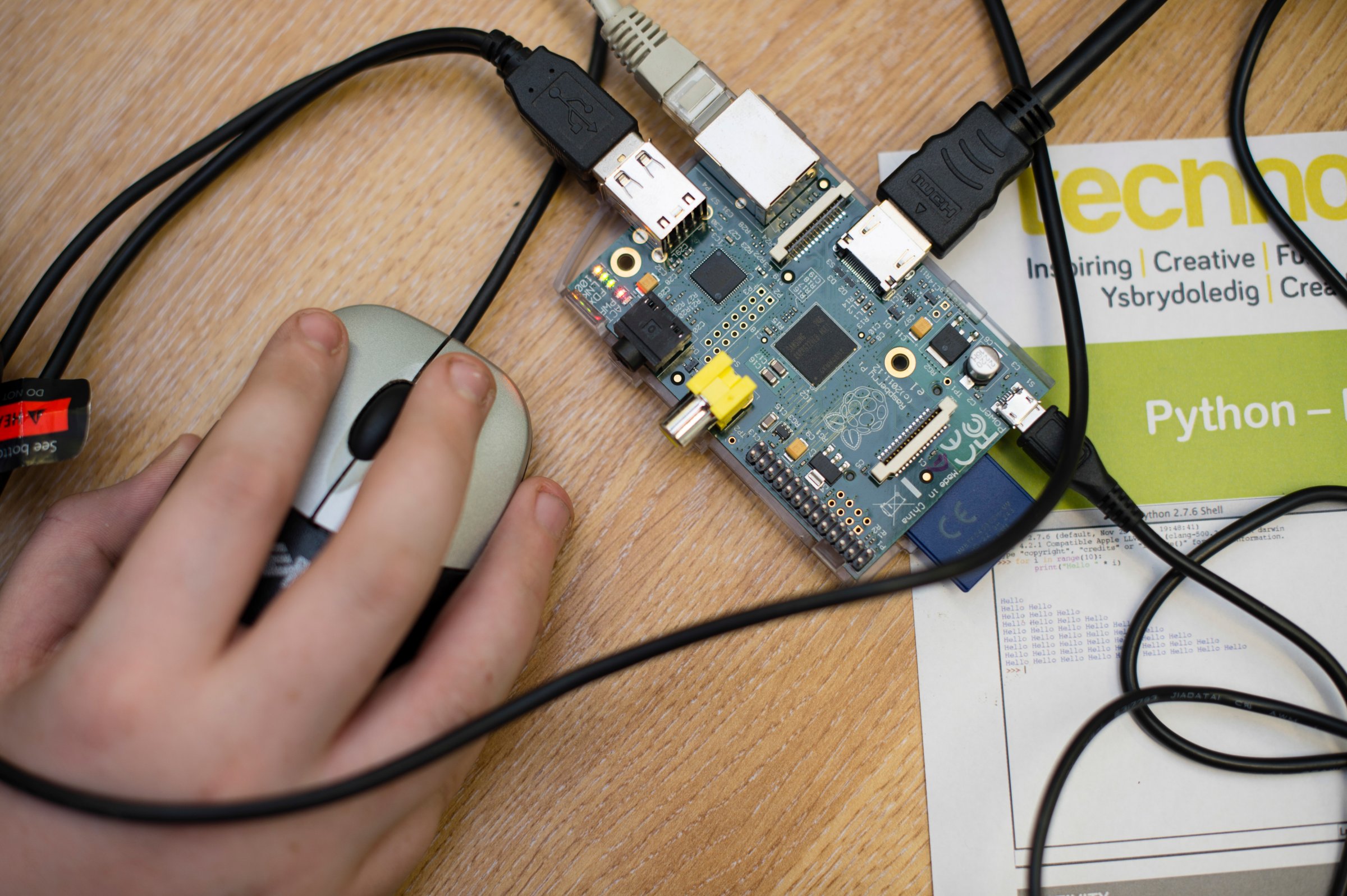
This weekend, I hopped on a train for my annual trek to Maker Faire, held this year at the San Mateo Events Center. Over 150,000 people attended this year’s show, coming to check out new drones, 3D printers, robots and more.
This particular event is the granddaddy of Maker Faires, started by Maker Media and its visionary founder Dale Dougherty. It bills itself as the greatest “Show and Tell on Earth.” (There’s a National Faire in Washington, D.C., a New York event, and global Faires in France, Germany, Tokyo and more.)
I’ve long been following the Maker Movement as a part of my overall interest in STEM (science, technology, engineering and math) education. These shows have become increasingly important as a means to introduce kids to these fields. At Maker Faires, children get hands-on experience with electronic gadgets, from programming to soldering. Kids can play with robotic kits, try building a drone and generally tinker with all sorts of gizmos.
Maker Faires typically feature dozens of speakers from the technology world who share details about what they’re doing and how it relates to the Maker Movement. As one walks around these shows, you see kids excited to learn about technology and making things. This year’s show also included booths from major sponsors like Intel, Google, Microsoft and more.
One new exhibitor at this year’s Bay Area event was the Department of Energy, who wanted to give kids the chance to interact with its scientists and to try to get them involved in the future of energy. “Kids are untapped resources that will help deal with climate change, energy issues and the environment,” said Jetta Wong, director of the DoE’s Office of Technology Transition. (U.S. Secretary of Energy Ernest Moniz recently blogged about the subject.)
Still, one concern of mine about the Bay Area Maker Faire is that very few minorities attend this show. This is not the fault of the folks who manage the Maker Faire, as they work extremely hard to make this event inclusive. In fact, on Friday, the first day of the show, they and sponsors LinkedIn, RoboTerra and ThinkLogix brought over 4,000 students from underserved communities to the show to see demos and play with the various projects. However, this underscores the fact that the tech community as a whole has to work harder to get kids of all genders, races and ethnicity interested in STEM, as these scientific disciplines will open up new opportunities for them in the future.
The Maker Faires’ true importance lies in its focus on getting kids interested in making things. Over the last few years, I have written multiple pieces on STEM focusing on how companies around the world are backing STEM-based programs. All of them see how important these disciplines will be in the future. Still more germane to them is the real concern that if we cannot get kids trained in the sciences, we will not have the engineers and scientists to run our companies in the future.
Indeed, just about every business is having to rely more and more on the role technology plays in their world. The need to get this generation of students interested in STEM and tech has become a priority for companies, educators and parents. To that end, these Maker Faires, along with the tireless efforts of teachers, educators and companies rallying around STEM, can plant seeds of interest and help cultivate these future scientists and engineers. If they are successful they will create the next generation of leaders who will guide and power the businesses, schools and homes of tomorrow.
Tim Bajarin is recognized as one of the leading industry consultants, analysts and futurists, covering the field of personal computers and consumer technology. Mr. Bajarin is the President of Creative Strategies, Inc and has been with the company since 1981 where he has served as a consultant providing analysis to most of the leading hardware and software vendors in the industry.
More Must-Reads from TIME
- Cybersecurity Experts Are Sounding the Alarm on DOGE
- Meet the 2025 Women of the Year
- The Harsh Truth About Disability Inclusion
- Why Do More Young Adults Have Cancer?
- Colman Domingo Leads With Radical Love
- How to Get Better at Doing Things Alone
- Michelle Zauner Stares Down the Darkness
Contact us at letters@time.com